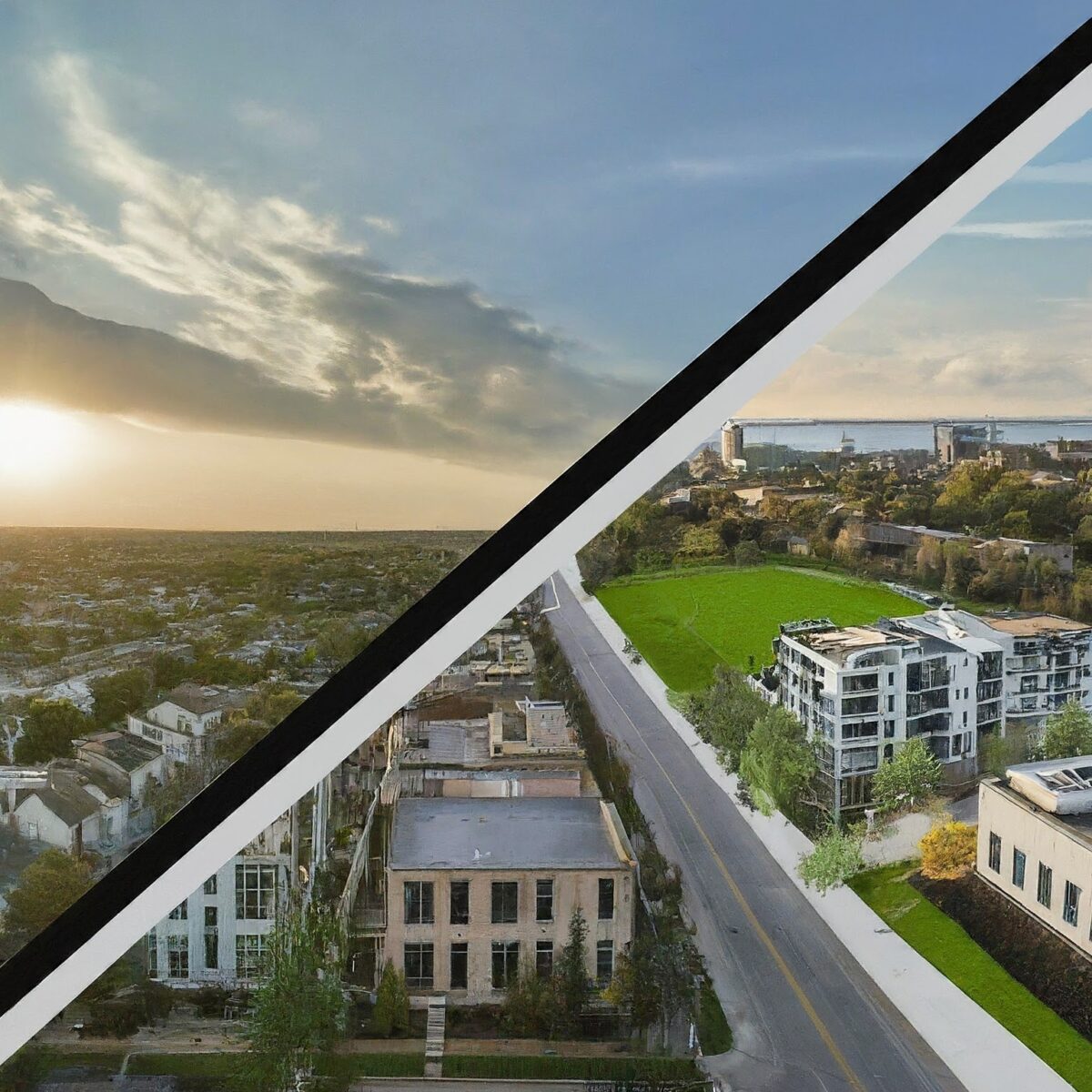Rezoning is the process of changing the allowed uses of a piece of land. It can dramatically impact the value, development potential, and character of a neighborhood. Whether you’re seeking rezoning for your property or concerned about a proposal in your area, here are key tips to understand the process:
Tips for Property Owners Seeking Rezoning
- Understand Your Goals: What do you want to achieve with the rezoning? Increased density? A commercial use on residential land? Clearly define your objectives.
- Research Zoning Regulations: Know the existing zoning and how it conflicts with your goals. Familiarize yourself with the comprehensive plan for your area.
- Pre-Application Meeting: Talk to your planning department early in the process. Get their insights into feasibility and any potential concerns.
- Build Community Support: Engage neighbors and demonstrate how your project aligns with community needs. Explain its benefits.
- Hire Professionals: Consider working with a planner or land use attorney to navigate the process and prepare your application.
Tips for Community Members Concerned About Rezoning
- Get Informed Early: Monitor public notices for rezoning proposals in your area. Attend community meetings and be informed.
- Understand the Proposal: Review the application details carefully. What is the current zoning, and what changes are being proposed?
- Voice Your Concerns: Raise your objections in a constructive and organized way. Address issues like traffic, density, compatibility with the surrounding neighborhood, etc.
- Mobilize Your Community: Work with neighbors to raise collective concerns. Reach out to local organizations for support.
- Participate in Hearings: Attend public hearings and provide testimony about the impact the rezoning would have on you and your community.
Additional Considerations
- Rezoning timelines can be lengthy. Be patient and persistent.
- Building community consensus, either for or against a rezoning, is vital.
- Professional guidance can be invaluable, especially for navigating complex cases.

